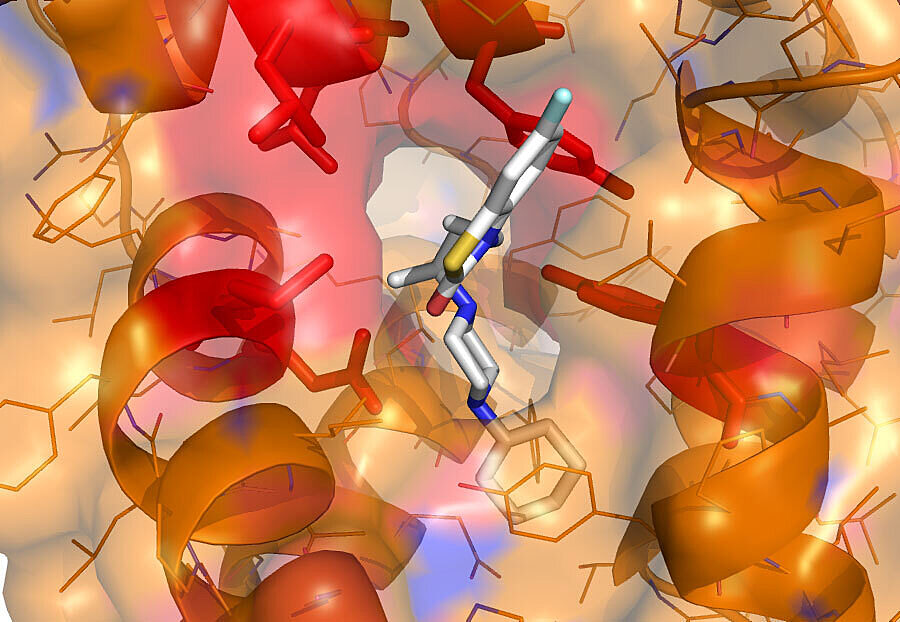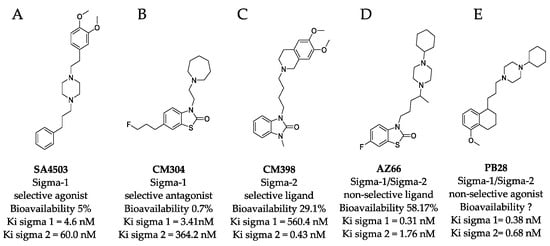Sherrynboo
Veteran Member

Two common compounds show effectiveness against COVID-19 virus in early testing - UF Health
A pair of over-the-counter compounds has been found in preliminary tests to inhibit the virus that causes COVID-19, University of Florida Health researchers…

A pair of over-the-counter compounds has been found in preliminary tests to inhibit the virus that causes COVID-19, University of Florida Health researchers have found.
The combination includes diphenhydramine, an antihistamine used for allergy symptoms. When paired with lactoferrin, a protein found in cow and human milk, the compounds were found to hinder the SARS-CoV-2 virus during tests in monkey cells and human lung cells.
The findings by David A. Ostrov, Ph.D., an immunologist and associate professor in the UF College of Medicine’s department of pathology, immunology and laboratory medicine and his colleagues, are published in the journal Pathogens.
“We found out why certain drugs are active against the virus that causes COVID-19. Then, we found an antiviral combination that can be effective, economical and has a long history of safety,” Ostrov said.
Due to his earlier research with colleagues at UF, Ostrov already knew diphenhydramine was potentially effective against the SARS-CoV-2 virus. The latest discovery has its roots in a routine meeting of scientists with the Global Virus Network’s COVID-19 task force. One researcher presented unpublished data on federally approved compounds that inhibit SARS-CoV-2 activity, including lactoferrin.
Like diphenhydramine, lactoferrin is available without a prescription. Ostrov thought about pairing it with diphenhydramine and ran with the idea. In lab tests on human and monkey cells, the combination was particularly potent: Individually, the two compounds each inhibited SARS-CoV-2 virus replication by about 30%. Together, they reduced virus replication by 99%.
The findings, Ostrov said, are a first step in developing a formulation that could be used to accelerate COVID-19 recovery. It also raises the prospect of further study through an academic-corporate partnership for human clinical trials focused on COVID-19 prevention. Additional research into the compounds’ effectiveness for COVID-19 prevention is already underway in mouse models.
To establish their findings, the research team focused on proteins expressed in human cells known as sigma receptors. In COVID-19 cases, the virus “hijacks” stress-response machinery, including sigma receptors, in order to replicate in the body. Interfering with that signaling appears to be the key to inhibiting the virus’s potency.
“We now know the detailed mechanism of how certain drugs inhibit SARS-CoV-2 infection,” Ostrov said.
Data from the experiments show that a highly specific sigma receptor binding drug candidate (with pain relieving properties), and formulated combinations of over-the-counter products (such as diphenhydramine and lactoferrin) have the potential to inhibit virus infection and decrease recovery time from COVID-19, the researchers concluded.
While the findings are encouraging, Ostrov cautions against self-medicating with either diphenhydramine or lactoferrin as a COVID-19 prevention or treatment. The type of lactoferrin used in the research differs slightly from the type that is commonly available to consumers, he noted. Lactoferrin is commonly used as a supplement to treat stomach and intestinal ulcers, among other uses.
Scientists from UF’s Emerging Pathogens Institute, College of Pharmacy and Clinical and Translational Science Institute, the University of Saskatchewan and the Saskatchewan Cancer Agency collaborated on the research.





